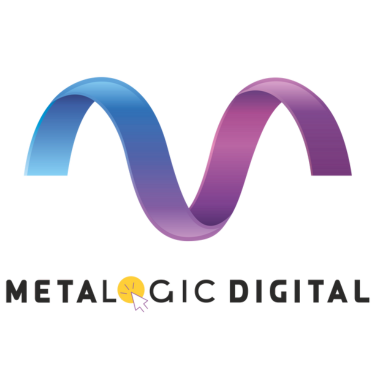AI-Aided Understanding of SEO
1. Creative and Analytical Keyword Sourcing
2. Content Optimization with AI
3. Machine Learning and Search Algorithms
4. SEO Automation for Technical SEO
5. AI-Powered Voice Search Optimization
6. Automated Link Building with AI
7. AI in Local SEO & Google My Business Optimization
From 832 to 2,592 Monthly Visitors — How MetaLogic Digital Helped a Fashion Brand Scale Organically
How SEO Automation is Changing the Game
How MetaLogic Digital Helps
Conclusion
Frequently Asked Questions

AI will optimize content to include relevant keywords, minimize manual SEO activities, and make adjustments in matching user intent based purely on machine learning.
Machine learning in SEO refers to the use of AI-based algorithms that measure user behavior, adjust rankings in search processing, and refine content strategies by analyzing real-time variations in data inputs.
Although AI can automate many SEO tasks, consulting with other experts to enhance the strategy, creativity, and quality of the content remains crucial.
By analyzing search trends, assessing keyword relevance, enhancing readability, and providing other relevant insights needed to optimize content for better rankings, AI tools deliver the most significant benefits.
Good examples of AI-driven SEO tools include Surfer SEO, SEMrush, Ahrefs, Clearscope, and Frase, as well as Google’s RankBrain for search-ranking improvements.



